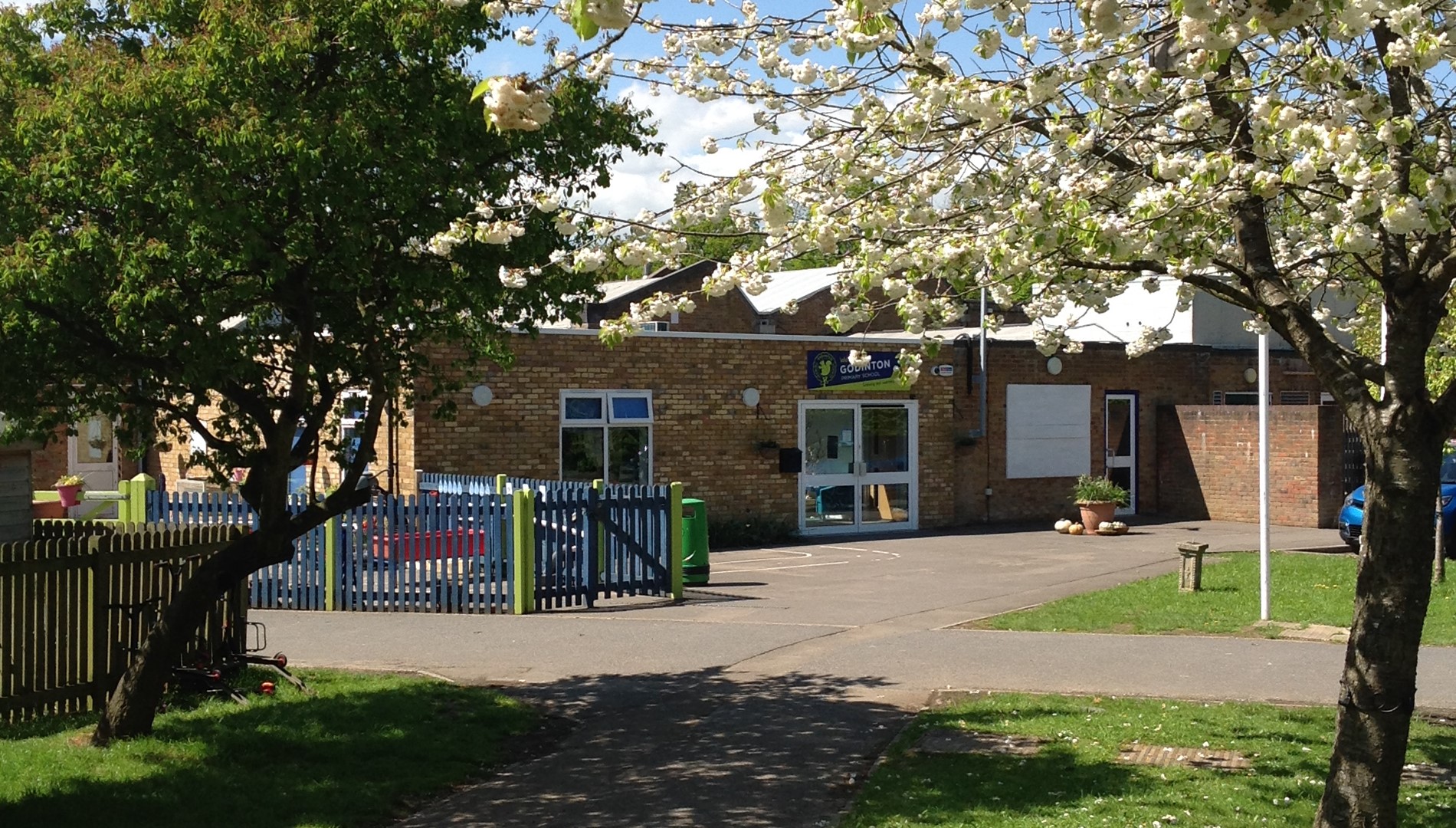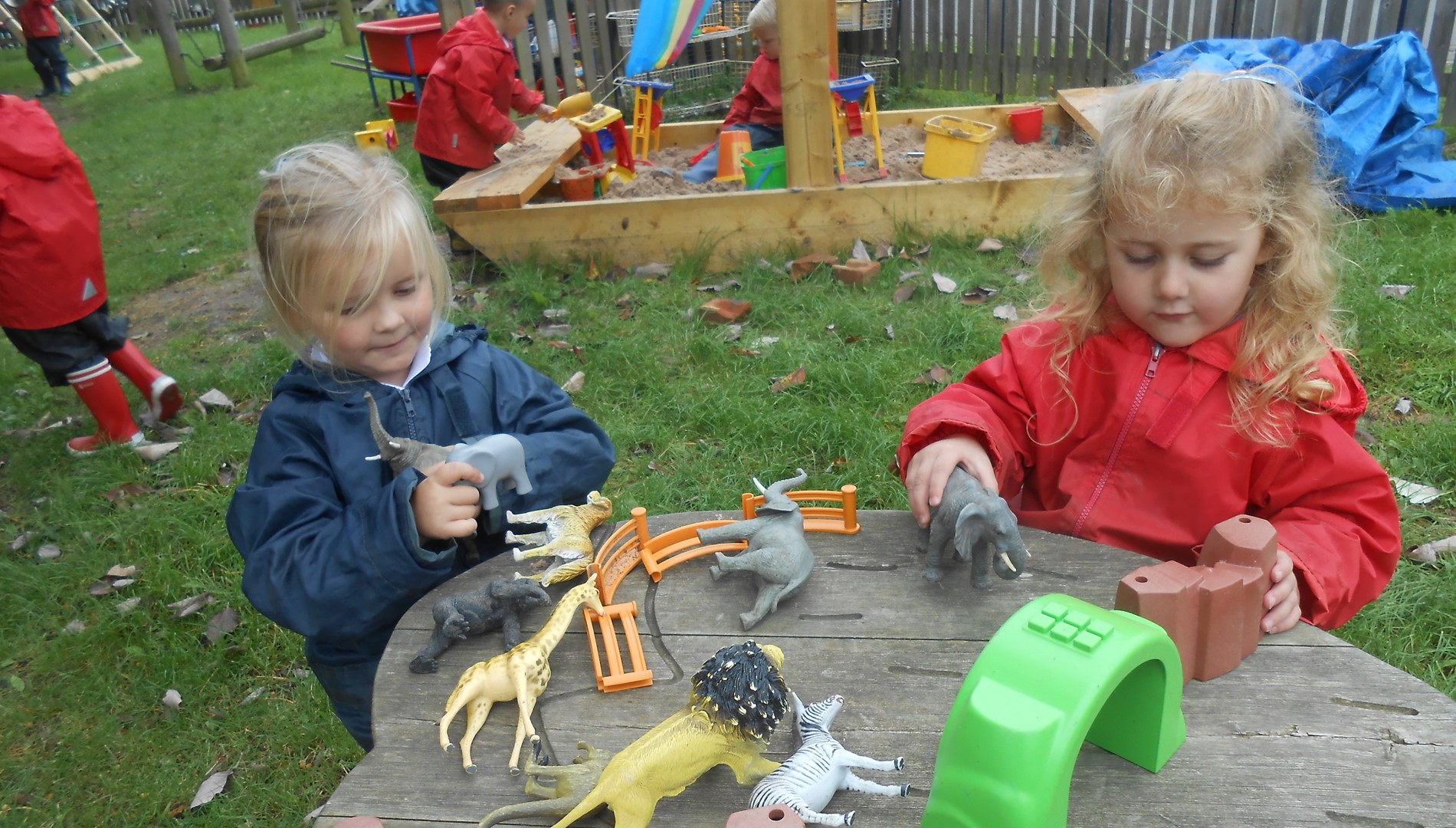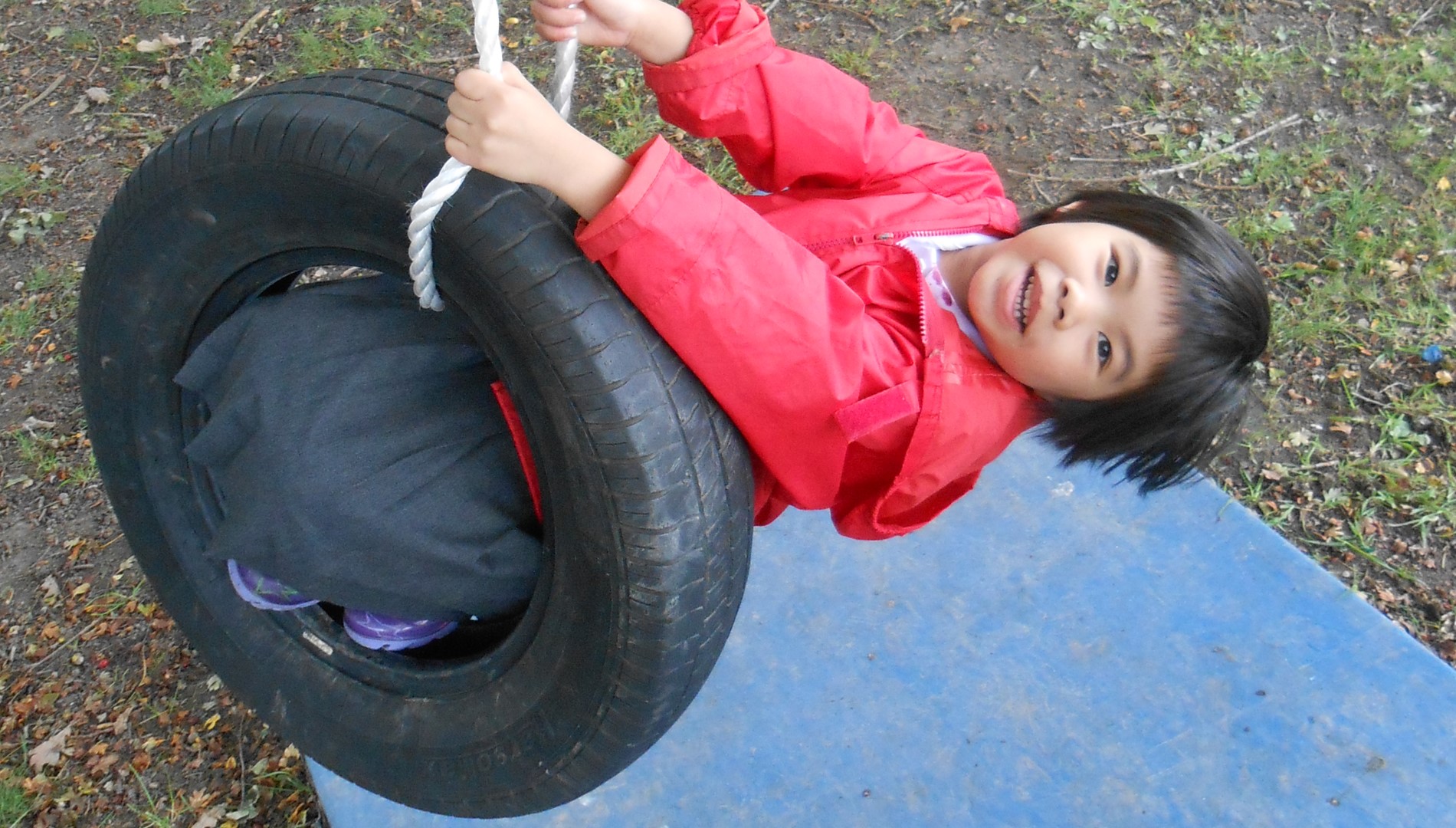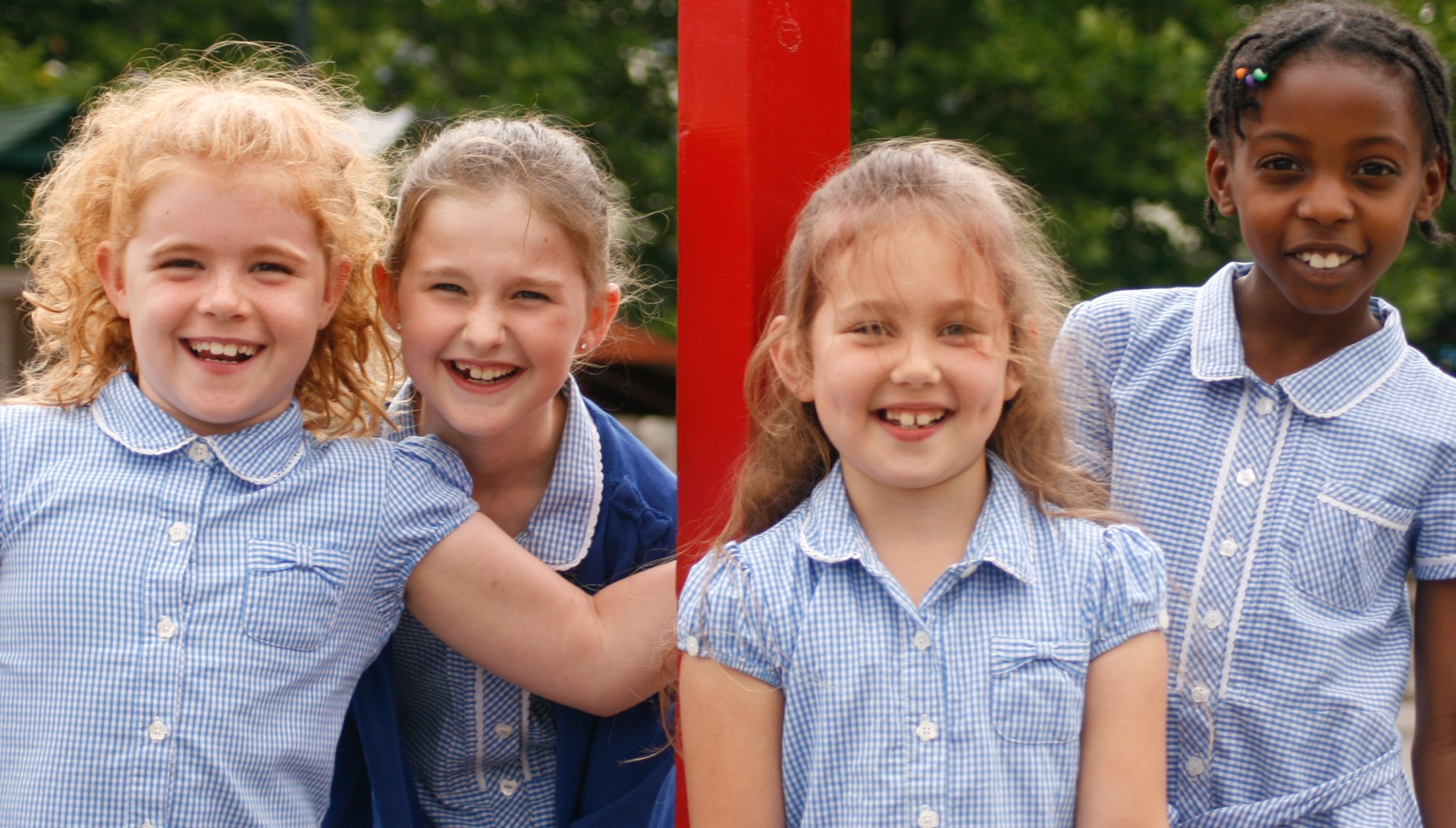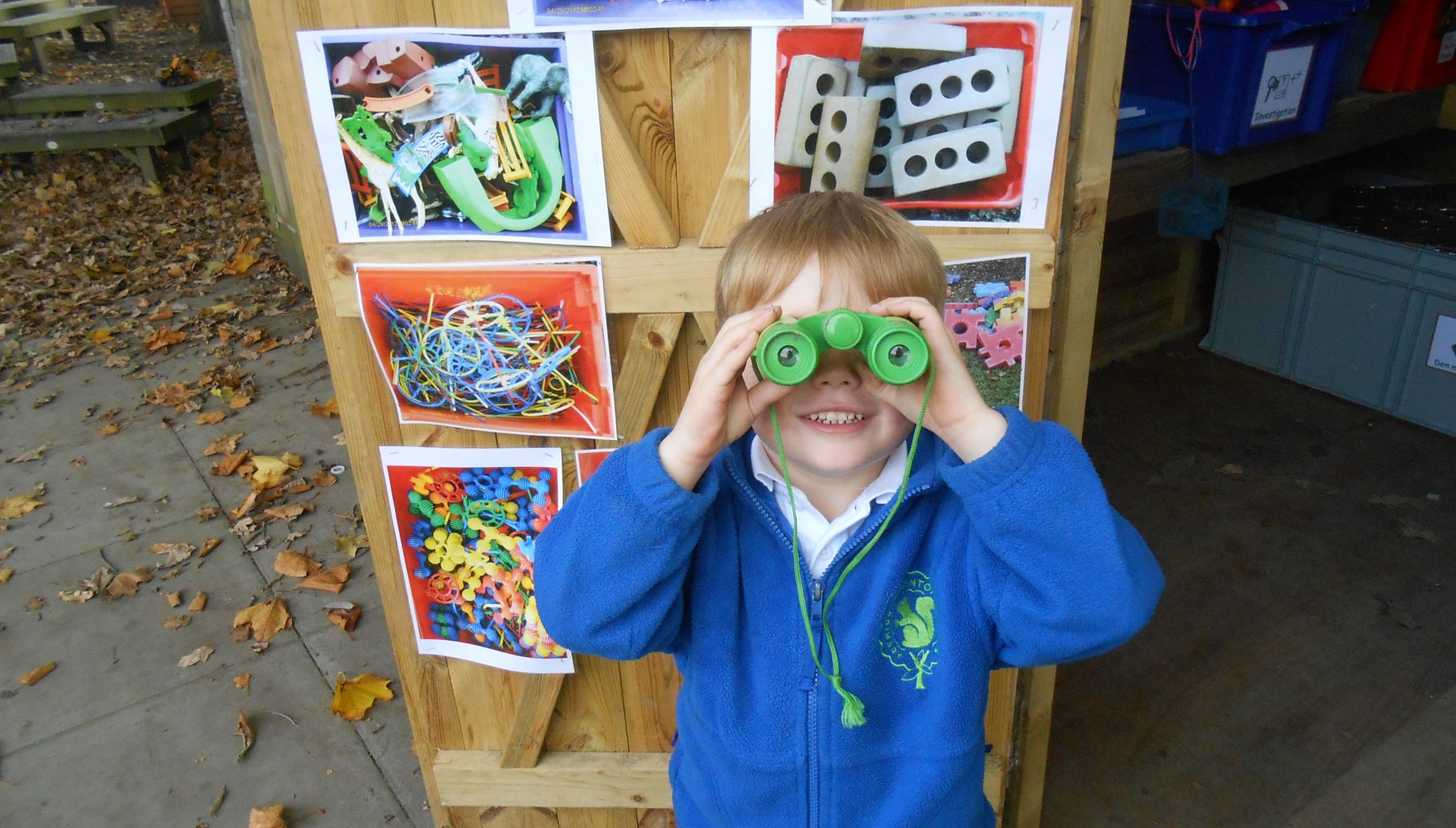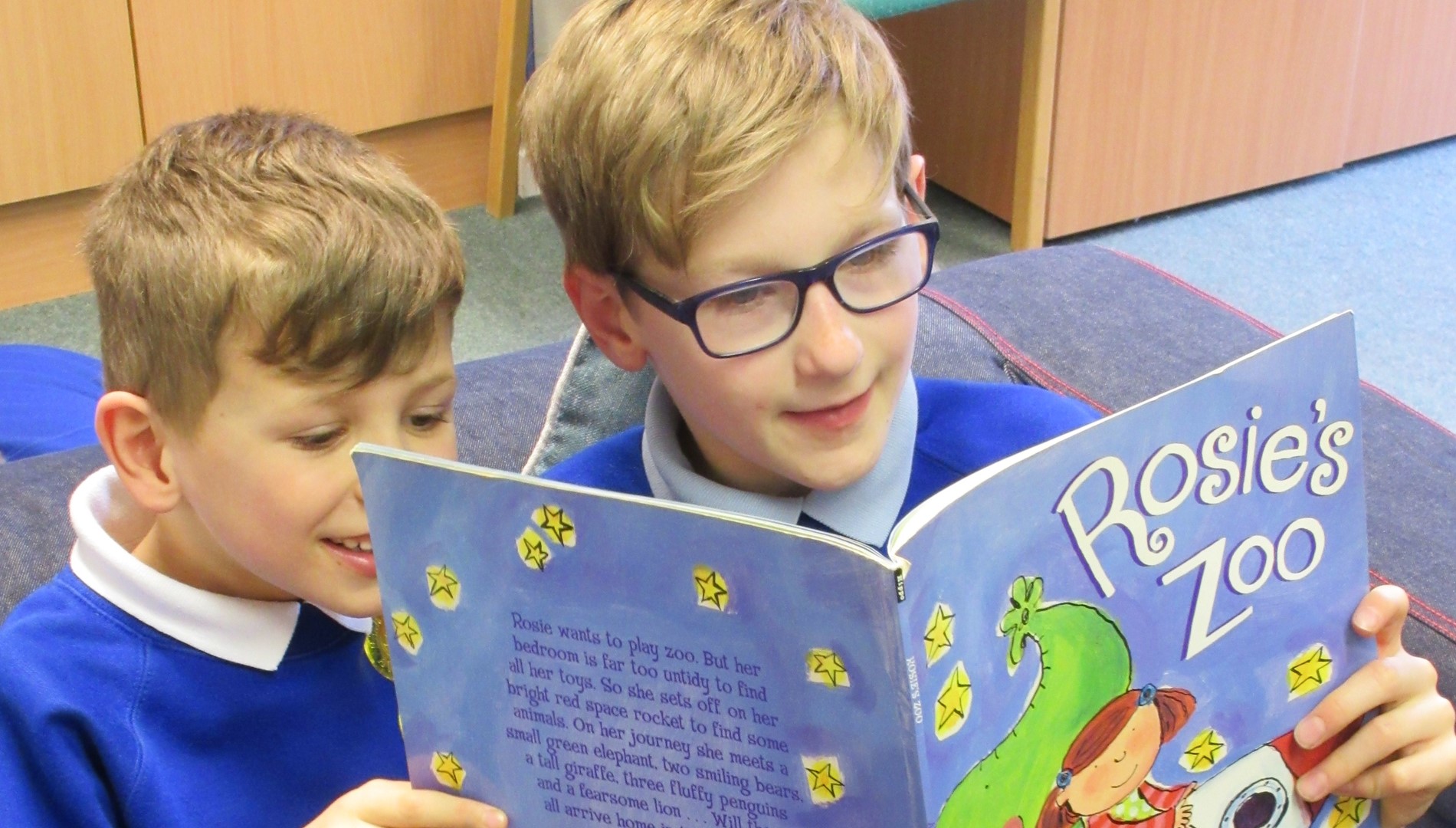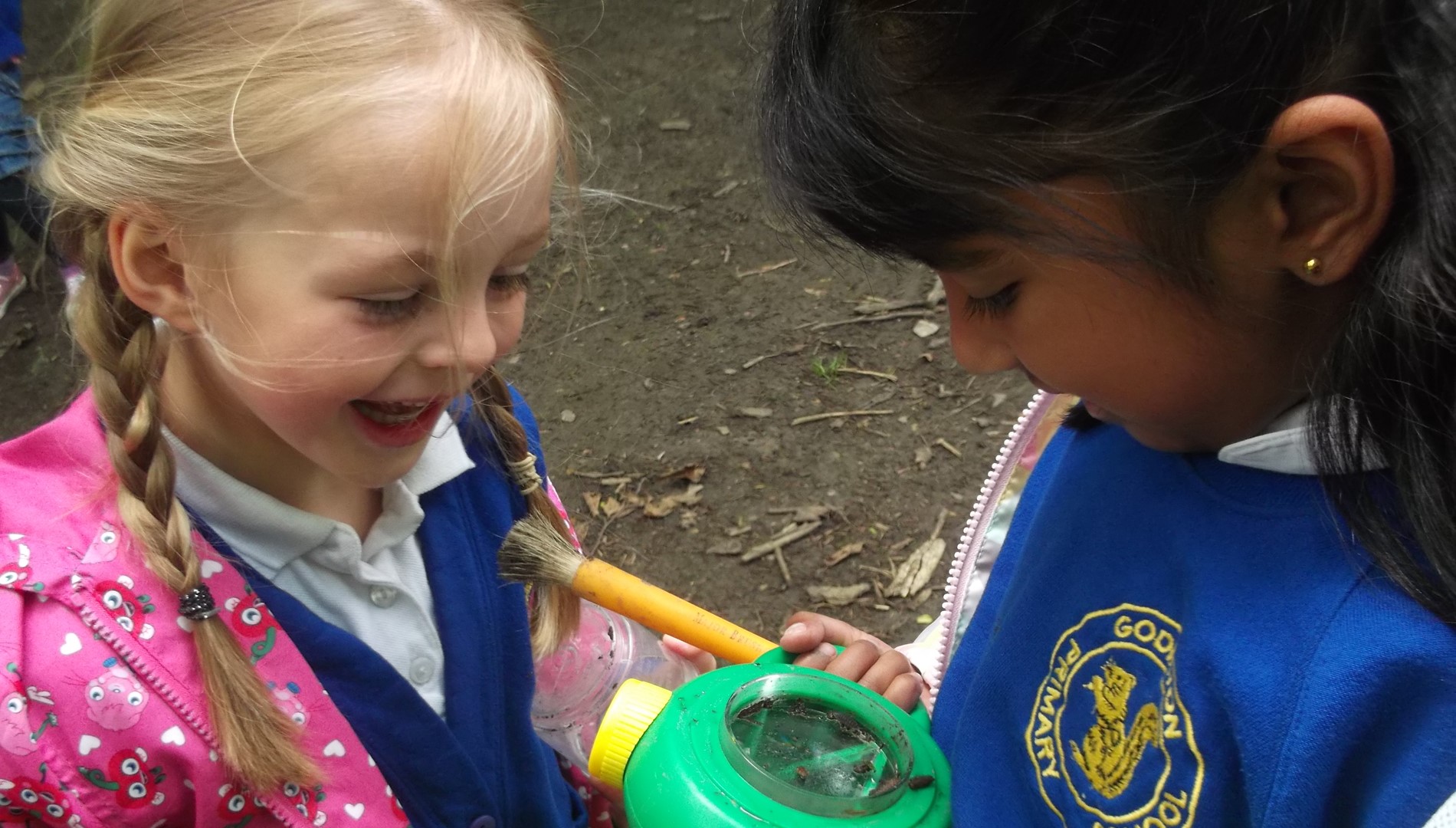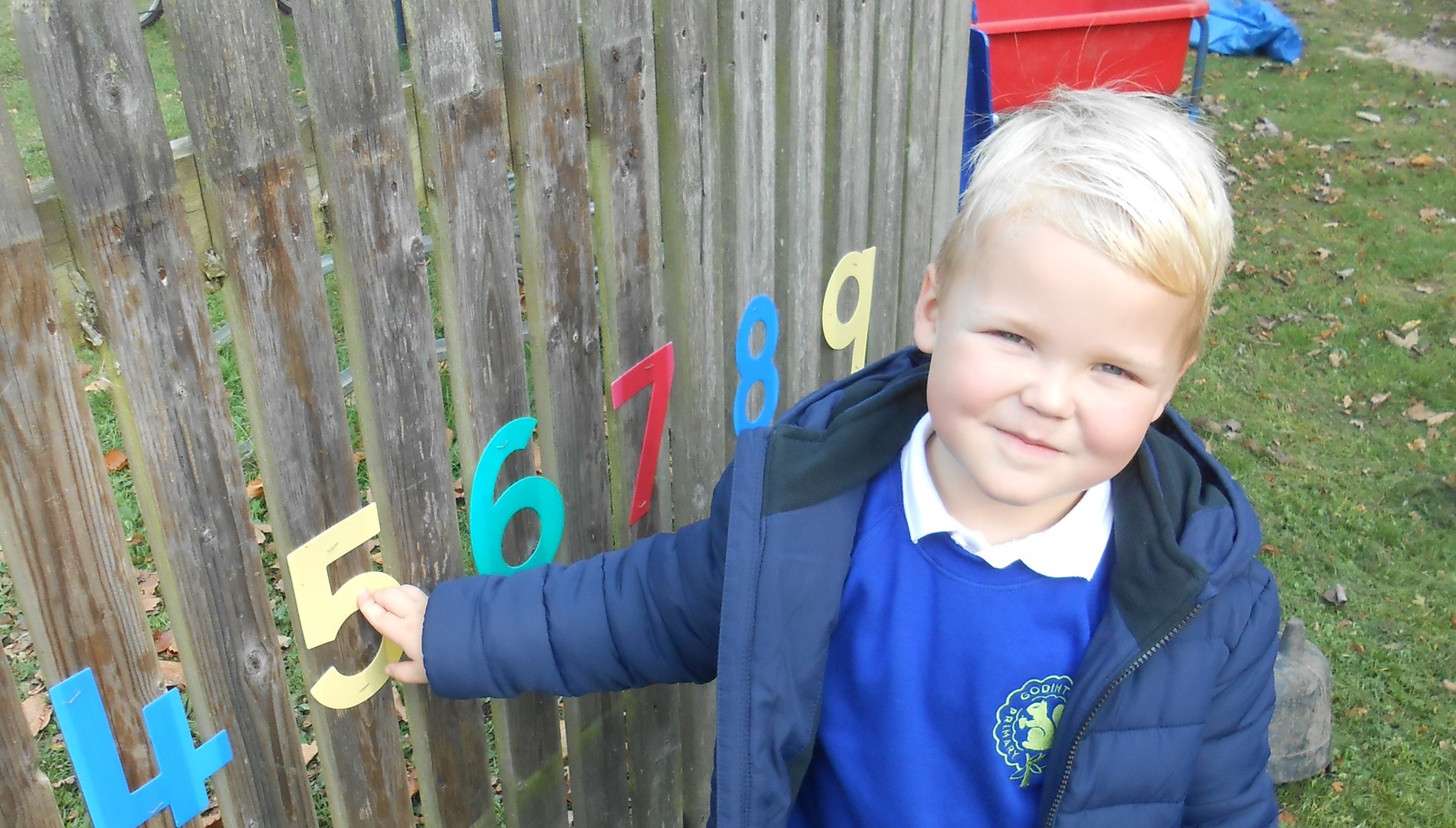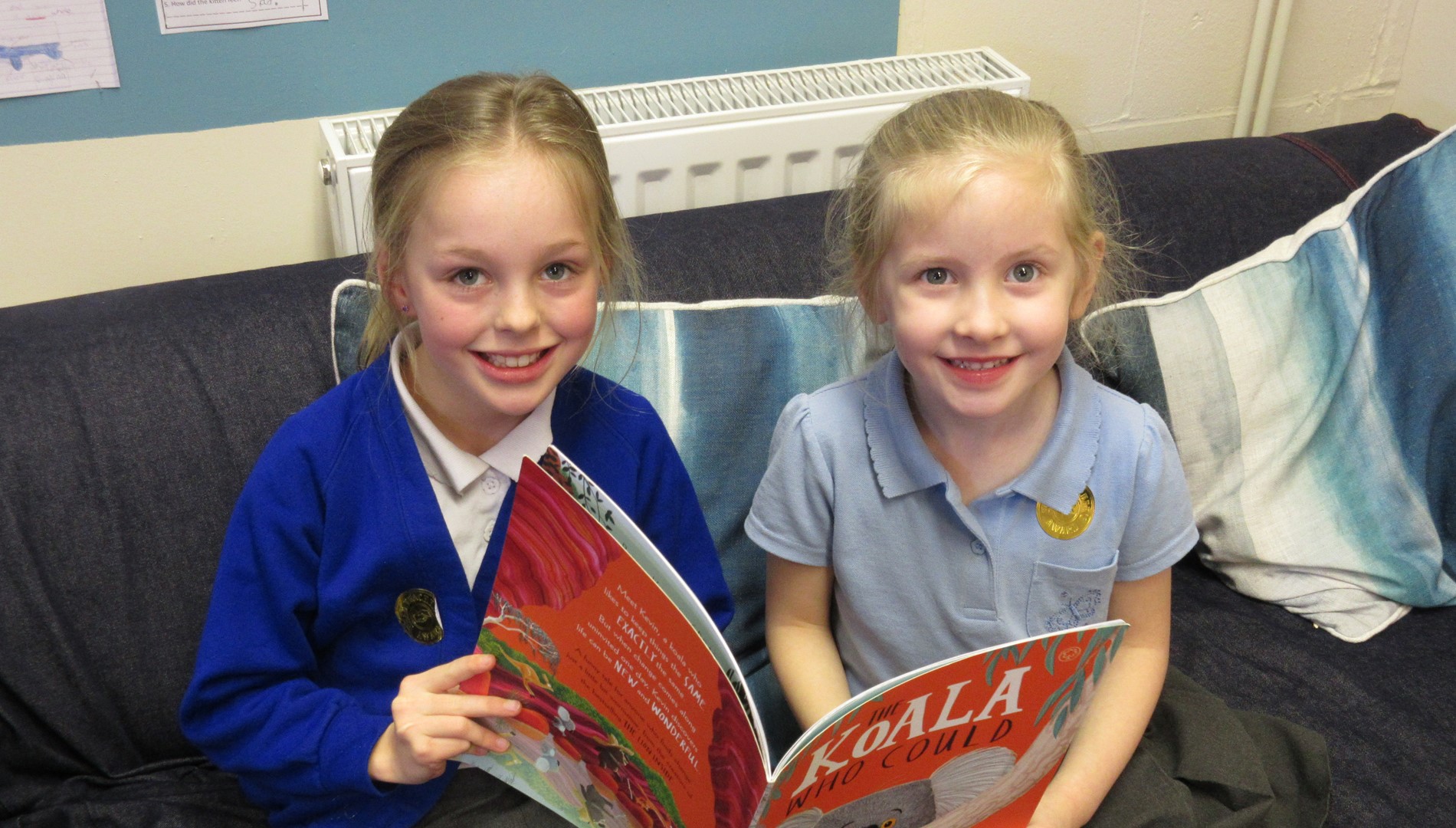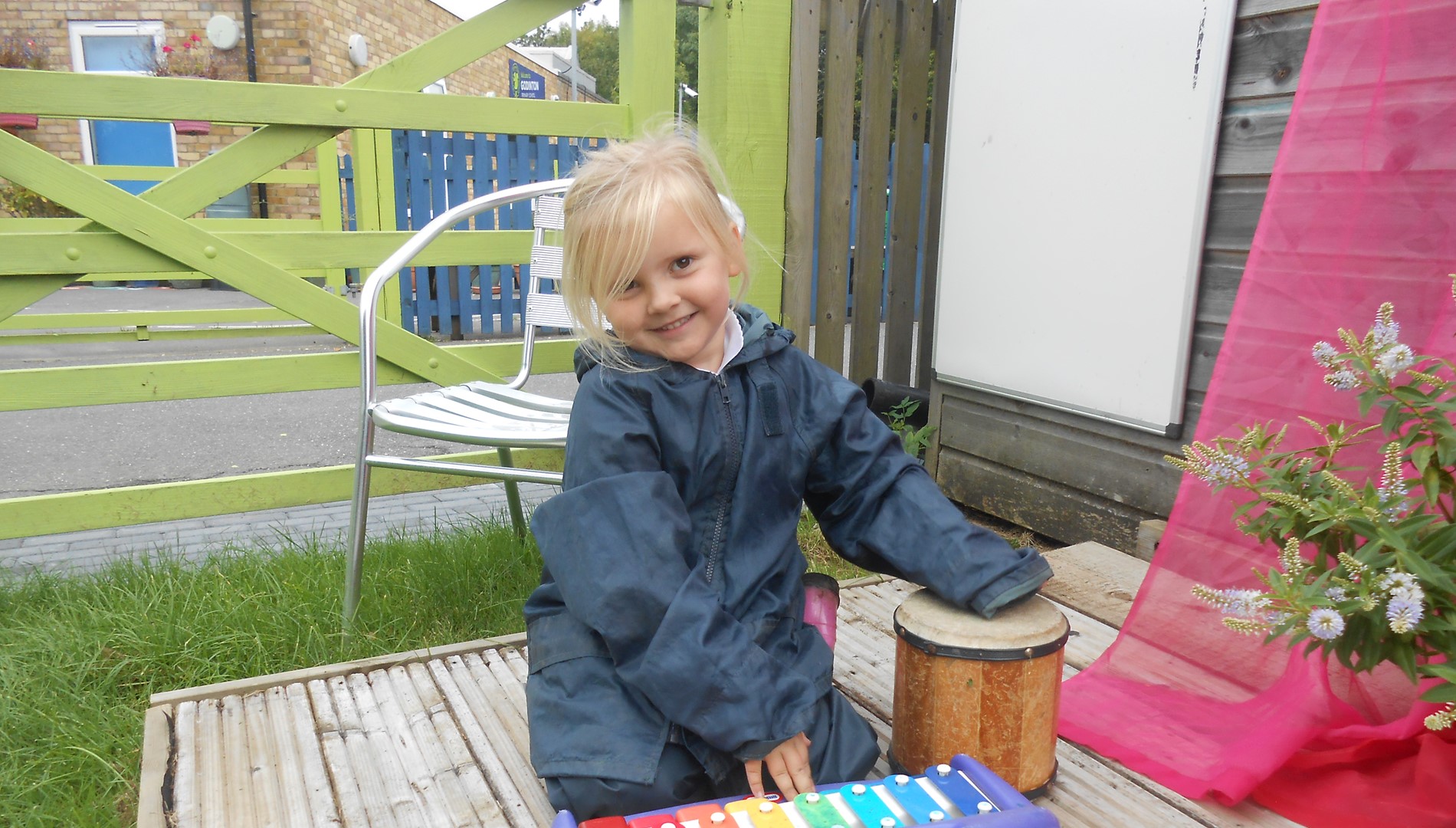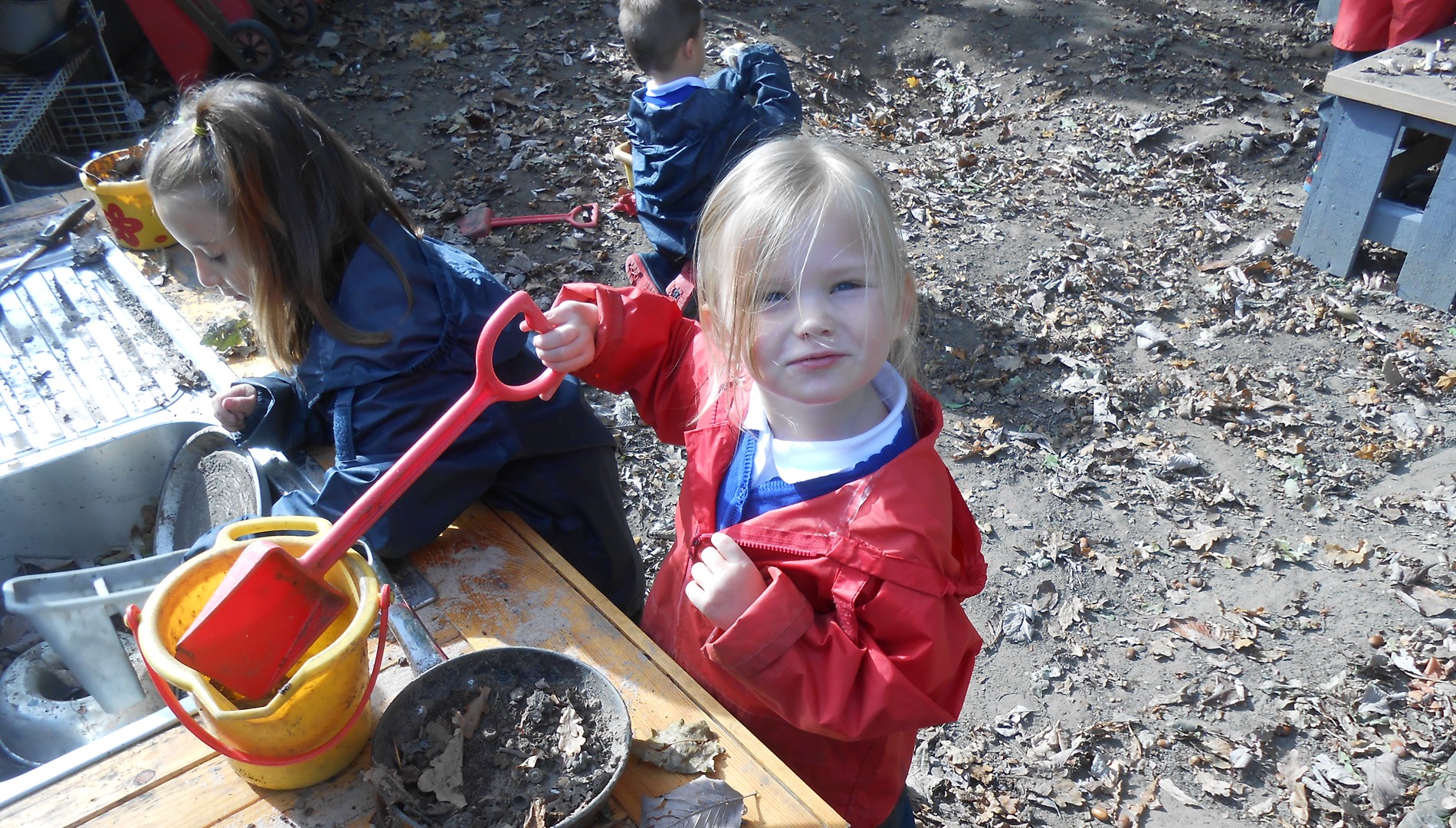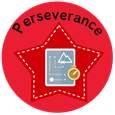Our Scientific Adventure - The Science Curriculum at Godinton
Curriculum Intent
At Godinton Primary School, engaging and exciting hands-on, science lessons, spark our children’s natural curiosity in the world around them. From exploring the workings of the human body, testing the properties of different materials, researching our solar system or creating electrical circuits we provide our children with the foundations needed to understand the world we live in across the fields of Biology, Chemistry and Physics.
Our curriculum enables our children to become good enquiry based learners – excellent thinkers, who are able to work collaboratively with others to plan and carry out investigations to test ideas and theories using a range of different equipment. It provides opportunities for children to gather results, evaluate the evidence obtained and to draw conclusions from their findings. Links are made with the children’s mathematical skills, including collecting, presenting and analysing data and they are immersed in key scientific vocabulary, which supports the development of their scientific knowledge and understanding.
We want our children to have WOW moments when they are enthralled about the discoveries they make, whether this is through launching parachutes, watching chicks hatch, melting materials or growing plants under different conditions. We aim to make science a subject that children are excited to talk about.
Please click here to view our Science end point document.
As part of our Guiding Stars curriculum, Science is the leading light subject for ‘Perseverance’.
Within our science curriculum, the children will try things out to test a hypothesis and will draw conclusions based on repeated experiments. The children learn that there isn’t always a final answer and that sometimes there are many possibilities. The children are encouraged to take a trial and error approach using the skills and knowledge they have, they consider the best place to start and where they need to end up. They explore how famous scientists paved the way for discovery, built on ideas of the past and embraced new technology. They learn how solutions are born out of perseverance and develop a desire to make discoveries of their own.
Click on the Perseverance icon below to find out more about how the children’s understanding of perseverance progresses throughout our science curriculum.
Curriculum Implementation
At Godinton Primary School, we follow the National curriculum for Science in both Key Stage 1 and Key Stage 2. Class teachers usually teach Science weekly although there is flexibility in planning to teach a science unit in a block, if this is more appropriate to the year group’s overall termly theme.
We ensure that all topics are covered and scientific knowledge and progression is enabled through the year groups. Key objectives are drawn from the National Curriculum although teachers have access to the Kent Scheme of work for Science to support lessons and adapt, as appropriate, in order to match the needs of the children in their class. Alongside the development of scientific knowledge, we have also identified and developed key skills that we wish our children to gain during their science lessons at Godinton. Our Key skills document identifies specific year group skills which will build upon previous learning and provide children with the necessary skills to access their curriculum in their future years. In science lessons, children have opportunities to work collaboratively and practically to investigate and experiment. Children will be able to explain the process they have taken and be able to reason scientifically.
Through our planning, we ensure that we provide problem-solving opportunities that allow children to apply their knowledge, and find out answers for themselves. Children are encouraged to ask their own questions and are given opportunities to use their scientific skills and research. This curiosity is celebrated within the classroom. Planning involves teachers creating engaging lessons, often involving high-quality resources to aid understanding of conceptual knowledge. Teachers use precise questioning in class to test conceptual knowledge and skills, and assess regularly to identify those children with gaps in learning. Tasks are selected and designed to provide appropriate challenge to all learners, in line with the school’s commitment to inclusion.
The skills associated with working scientifically are embedded into lessons to ensure that skills are systematically developed throughout the children’s time at Godinton. New vocabulary and challenging concepts are introduced through direct teaching. This is developed through the years, in keeping with the topics. Teachers encourage children to use a developing scientific vocabulary as they progress through each year group. Time is spent during lessons introducing and reinforcing age appropriate scientific vocabulary. Children are given opportunities to consolidate their use of scientific vocabulary as they move through the year groups. Children are encouraged to use scientific vocabulary, both written and verbal, to explain their ideas and make sense of their observations and findings. Teachers demonstrate how to use scientific equipment and provide children with numerous opportunities to use the equipment during investigative work.
Children are offered a wide range of extra-curricular activities, visits, trips and visitors to complement and broaden our curriculum and learning takes place both inside and outside the classroom.
These units are planned in accordance to the key objectives outlined, both knowledge and skill, and teachers identify and use high-quality resources to support lessons, including and not limited to the Kent Scheme of Work for Science (2014), Developing Experts and Explorify.
The following topics are covered throughout Key Stage 1:
Animals, including Humans Everyday Materials Plants
Seasonal Changes Living Things & their Habitats
The following topics are covered throughout Key Stage 2:
Plants Living Things & their Habitats Animals, including Humans
Rocks Light Electricity Sound
Properties and Changes of Materials Earth & Space
Evolution & Inheritance Forces & Magnets
EYFS
The EYFS framework is structured very differently to the National Curriculum and it is organised across seven areas of learning rather than subject areas. Science appears under the specific area of Understanding the World, but it also features in the Communication and Language, and Personal, Social and Emotional areas of learning.
In our Reception classes, Understanding the World is taught through a play-based and interactive approach under termly topics such as ‘It’s Cold Outside’, ‘Ready, Steady, Grow’, ‘Hello Autumn’ and ‘To Infinity and Beyond’. We carefully plan lessons, activities and experiences that ignite curiosity, awe, and wonder and inspire children to explore and ask questions about the world around them. Where possible, we aim to make strong links to the children’s own experiences and interests, particularly through our ‘I Wonder…’ lessons. The children’s own questions form the starting point of our planning and allow the children to gain knowledge and understanding of concepts and ideas in a way that is meaningful to them. For example, one of our children was keen to find out how bees make honey, another was fascinated by carnivorous plants, and another interested to know how strong ice is. We were able to enhance the children’s learning environment and offer a wealth of knowledge and information to reflect these questions and the learning commenced! The outside learning environment plays an important role in our teaching of Understanding the Word, as it does in all the areas of learning in the EYFS. At Godinton Primary School we provide children with regular opportunities to explore the natural world throughout our beautiful grounds, including in our carefully curated forest area, large field with established trees, and pond area. You will often find our children hunting for minibeasts amongst the autumn leaves or using and exploring the natural materials they find to create their own transient art. The children are taught to recognise change in the world around them as the year progresses, and explore physical change through fun and exciting experiments.
It is our aim that when children at Godinton Primary School finish their first year at school and move into Year 1, they will be able to:
- Make comments about what they have heard and ask questions to clarify their understanding.
- Manage their own basic hygiene and personal needs, including dressing, going to the toilet and understanding the importance of healthy food choices.
- Explore the natural world around them, making observations and drawing pictures of animals and
- Know some similarities and differences between the natural world around them and contrasting environments, drawing on their experiences and what has been read in
- Understand some important processes and changes in the natural world around them, including the seasons and changing states of matter.
Curriculum Impact
Our broad and balanced curriculum ensures that children leave Godinton with secure scientific knowledge in each of the key areas as well as a wide range of transferable skills such as the ability to reason, draw conclusions or to test theories. Most children will achieve age related expectations in Science at the end of their cohort year, retaining knowledge that is pertinent to Science within real life contexts.
